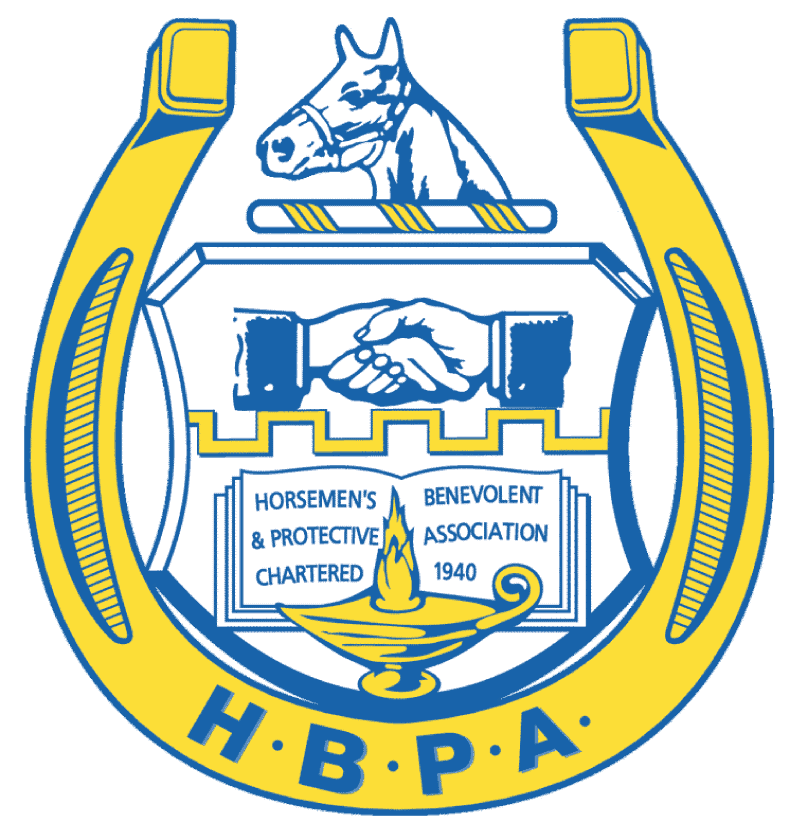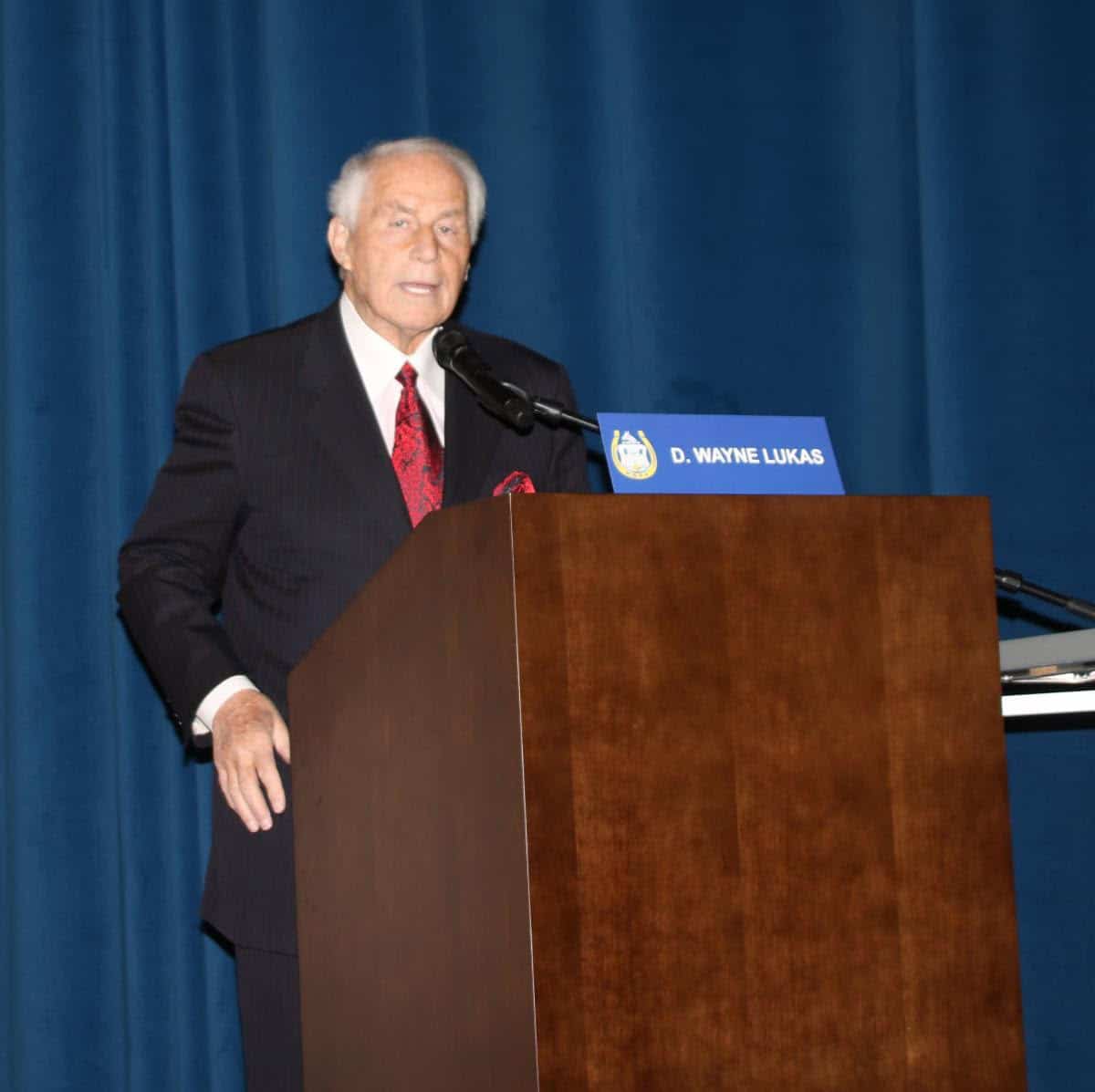Getting it Wrong On Labor Law Can Prove Costly for Horsemen
Paulick Report
Trainer Steve Asmussen found himself in hot water at the end of June when the United States Department of Labor brought suit against him for the second time in three years. The department alleges Asmussen violated the Fair Labor Standards Act of 1938 by not paying overtime to hot walkers and grooms when they surpassed 40 hours of work in a week.
Asmussen isn’t the first trainer to have to answer to complaints surrounding the Fair Labor Standards Act, and chances are he won’t be the last. The laws governing work in the Thoroughbred industry, like so many other things about the racing world, are somewhat complicated.
“It’s just challenging, being an employer,” said attorney Catherine Wright of Dinsmore and Shohl in Lexington, Ky.
The Fair Labor Standards Act sets forth a detailed list of requirements that most employers must adhere to in order to avoid exploiting workers. The trouble is that the typical workweek of a groom or hot walker doesn’t easily fit into the Act’s concept of normal working hours—which means that technically, some of them are putting in hours that should be eligible for a lot of overtime pay.
The Act requires that workers’ time on the job be documented and not exceed 40 hours in a week without overtime pay (defined as one and a half times their regular hourly rate). The Act also dictates a federal minimum wage, which is currently set at $7.25/hour, but some local governments have passed laws taking that rate higher. For example, the minimum wage in Louisville, Ky., is now $7.75. In order to determine what an employee’s regular pay is, however, Wright said employers must add up all the wages for an employee and divide by the total hours worked in a week. It sounds simple, until you get down to it. Pay can include the bonuses grooms or hotwalkers are paid when their horse wins, which isn’t terribly predictable or consistent. Wages can also include the cost of board and lodging customarily provided by the employer.
State laws are also part of the equation.
“You have to make sure you don’t have any impermissible deductions taken from that wage,” said Wright of Kentucky’s laws. “You’re not allowed to include fines or breakage (unless it’s a willful violation). You have to be very careful about what you deduct from someone’s wages because it can take them below minimum wage.”
Another area impacted by state and federal wage laws is lunch and break periods. In Kentucky, workers should receive a half-hour unpaid lunch break, and paid ten-minute breaks every four hours of work. Lunch breaks require the employee be totally uninterrupted, meaning that if they’re eating in the tack room and asked to hold a horse for the veterinarian, the lunch break doesn’t count.
To make matters more confusing for trainers, the Fair Labor Standards Act does allow exemptions for certain industries, including agricultural workers, presumably because crops and animals do not recognize timecards. Based on the definition of agriculture in the Act’s language, however, only work performed by a farmer or on a farm as an incident to or in conjunction with such farming operations, including caring for livestock, are considered exempt from the overtime pay requirements. That means racetrack workers, even though they handle horses, are subject to the requirements of the Act.
Even in the exemptions section, Wright cautioned, the language is very specific: there are certain jobs on a farm, such as maintenance work, the Department of Labor may not consider exempt since they may not be primarily farming activities. Additionally, workers sent to a farm by a third-party labor agency are not considered exempt regardless of their daily duties because they are not hired by the farm but the agency.
“Just because you work on a farm doesn’t mean you’re entitled to an exemption,” said Wright. “Even if you read the statute, you get into situations where you have to look at the case law to see how it has been interpreted.”
(White collar workers are also exempt from the overtime rule in many cases, in case you’ve begun digging around your cubicle for a recent pay stub.)
For employers who opt to put their workers on salary to avoid the overtime pay requirements, things are about to get more expensive there, too—the Department of Labor is in the process of changing language in the Act that could more than double the minimum salary required for exemption for white collar workers from around $24,000 annually to just over $50,000.
Although it can be tempting to ignore these rules and hope for the best, Wright said mistakes are expensive.
“What’s so challenging about these cases is that if you have made a mistake, essentially the Department of Labor can go back several years for backpay.” Wright said the Department can go back two to three years through records and require an employer to pay up — and even pay penalties associated with the law violation. Some states, including Kentucky, go back even further (five years).
Without complete records of their workers’ time, the case comes down to the employer’s word against the employee’s, Wright said. But an absence of those records is also a violation that makes the employer vulnerable to fines.
Cases like the complaint against Asmussen can come up either as part of a random audit of an employer’s records, or if an employee files a complaint about a violation (the Act also requires posters be hung in the workplace to encourage reporting). Although some grooms and hot walkers may be nervous about speaking up due to their immigration status, Wright said in her experience, the Labor Department isn’t interested in the complainant’s status and isn’t authorized to take action on deportation, etc. on its own anyway.
For employers with workers on the racetrack on an H2-B temporary visa, the rules governing their employees’ jobs became more rigid earlier this year when the Department of Labor and Department of Homeland Security passed the 2015 Interim Final Rule. The rule lays out requirements that employers pay H2-B workers and non-H2B workers comparable salaries, and that H2-B workers be used only when there are no American-based workers available to do the job. It’s a measure that hasn’t been popular with employers — they’re concerned it will make the visa program more difficult to use.
Add to all this a layer of safety rules from the Occupational Safety and Health Administration, and it’s even harder to know what’s legal when it comes to the work day. Wright’s advice to horsemen and others in the business looking to avoid trouble with the Labor Department? Write everything down, and ask questions.
“If they have questions and don’t understand, they really need to get some advice, because getting it wrong is very costly,” she said. “My advice is to talk to an attorney to figure out what they’re doing and if there is a problem, how to remedy it. You don’t want to just keep doing something incorrectly and hope that it’s never discovered because things do have a way of coming to light.”





